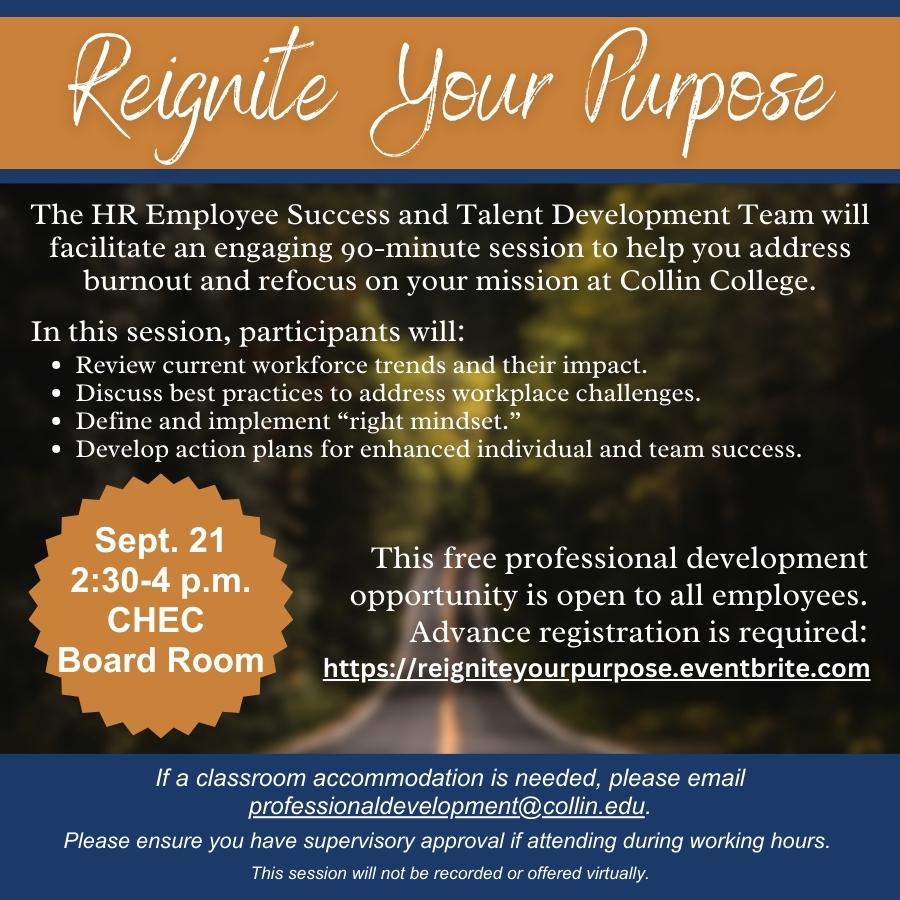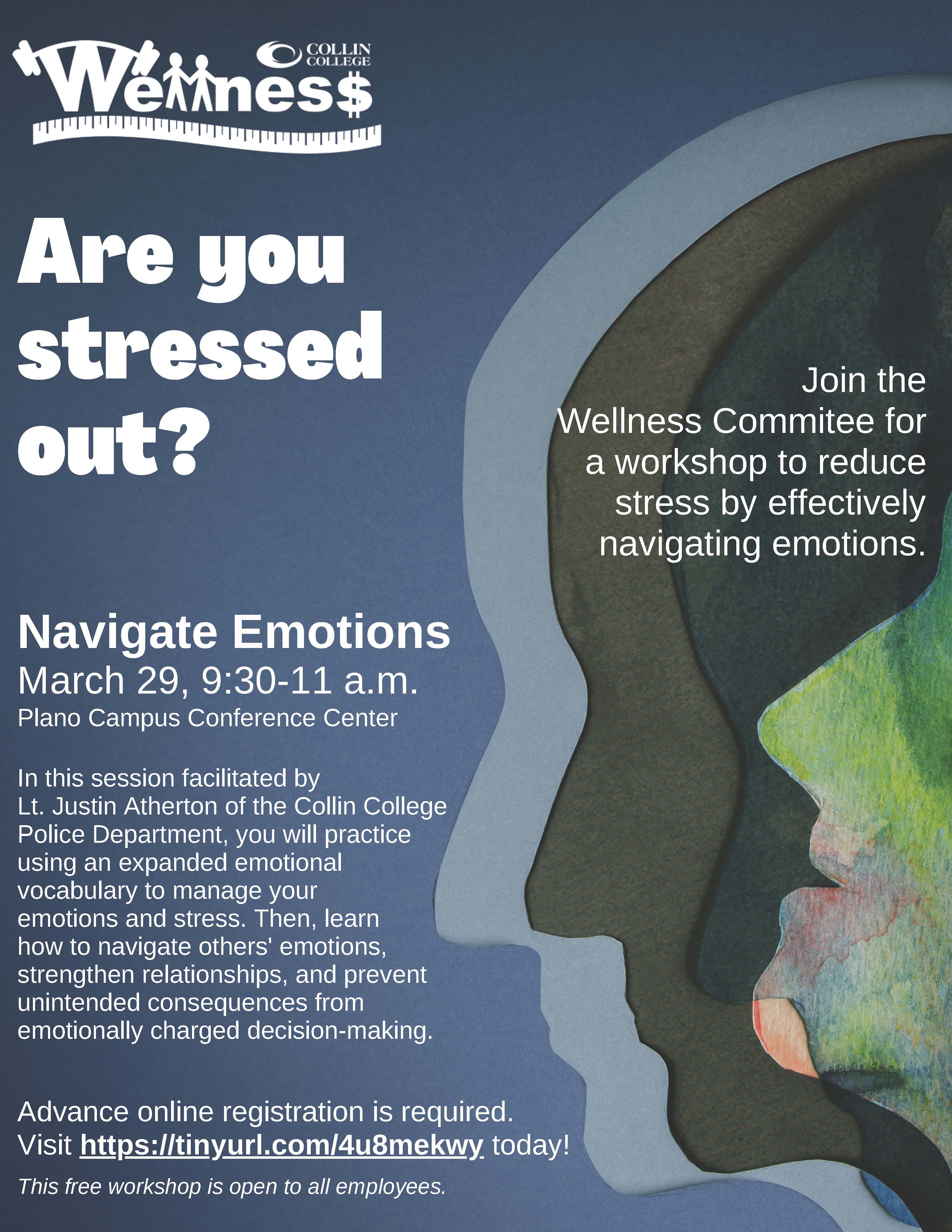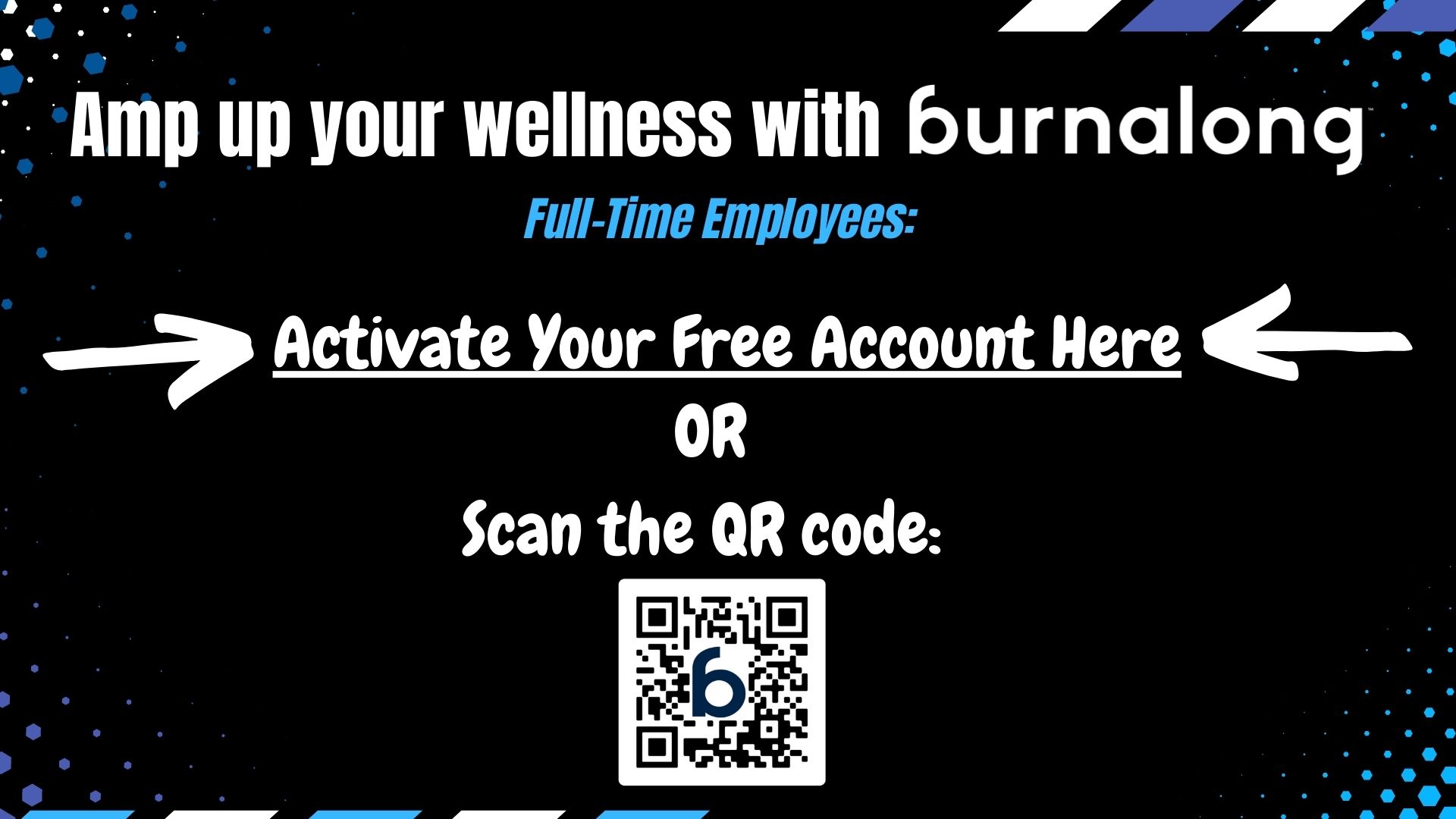March 2024
Happiness
Happiness is more than merely a good mood or a positive mindset. Psychology Today describes happiness as a state of well-being that comes from living a meaningful life, making meaningful connections, and doing purposeful things that are close to your heart. Life satisfaction is one aspect of happiness. Being happy and joyful has a positive impact on physical health – cardiovascular and immune health, better sleep and longevity.
According to Psychology Today, a happy person: 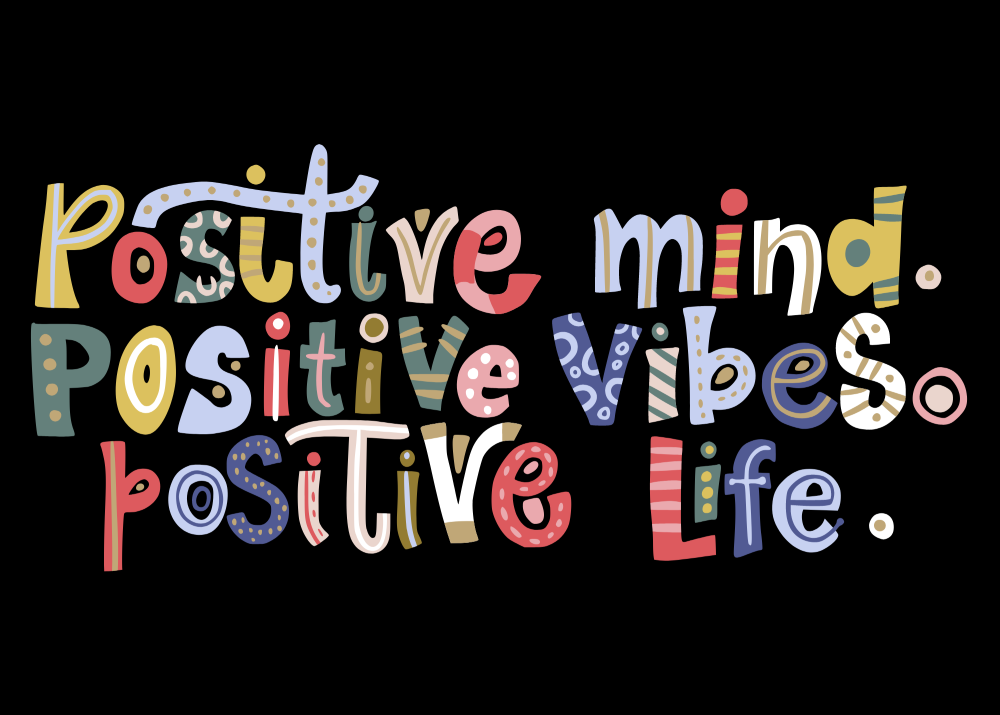
- Is true to oneself and others
- Practices compassion and gratitude
- Exercises self-care
- Enjoys healthy relationships
- Is happy for other people
- Lives with meaning and purpose
- Feels satisfied with one's life
- Feels positive more than negative
How to be Happy?
Now let us come to a million-dollar question – how to be happy? According to Psychology Today, living in the moment; regularly indulging in small pleasures; reframing the negative into an opportunity; finding fun in simple activities, like gamifying your daily walk; getting absorbed in challenging activities; setting and meeting small, measurable intrinsic goals; maintaining close social ties, and finding purpose beyond oneself - all increase life satisfaction. Happiness is not an endpoint; it is a pursuit. Let’s strive to live satisfying lives by making meaningful connections in our college community, volunteering, indulging in self-care like going for a walk, taking a Zumba or yoga class with a friend, attending a Burnalong class, or simply listening to a happiness podcast.
Resources:
What Is Happiness and How Can You Become Happier? (verywellmind.com)
Tips to Reduce Stress and Build Meaningful Connections at Work | SHRM
High-Performing Teams Don’t Leave Relationships to Chance | HBR
February 2024
What is a Meaningful Connection?
Psychology Today describes meaningful connections as finding people with whom you share life’s challenges and triumphs. Let’s strive to make meaningful connections in our college community. Go for a walk, take a Zumba or yoga class, meet for coffee, or attend a Burnalong class with a colleague. You’ll be grateful for the connection, the support it generates, and the creativity it may inspire!
January 2024
New Year, New You: Goal-Setting Strategies for Success
The start of the year brings a chance to reset goals and priorities. Here are a few tips to help set goals:
- Define success first. Try completing this sentence: "I will consider this goal a success when _______________.”
- Consider motivations. Example: “I want to set a healthy example for my kids, so I will walk two miles six days a week.”
- Reframe as positive habits. Example: “I’m going to cook five meals a week at home,” rather than “No fast food.”
- Keep changes small and realistic.
- Create measurable goals and use an app to track them. Burnalong is a great tool!
- Find an accountability buddy. Teamwork makes the dream work!
- Identify obstacles and prioritize yourself.
- Make goals and resolutions about fun.
- Celebrate each small achievement, and reward yourself for consistency!
Mindful Meditation Series
Students, faculty, staff, and administrators are invited to attend a three-part series
of Mindful Meditations. Below are the dates and topics for each part of the series.
All three events are from 11:30 a.m. to 12:30 p.m. The first 30 attendees to each event will receive a ticket redeemable for one box
lunch and one care package to take home. Care packages include non-perishable food
items, hygiene items, and educational items.
Feb. 1 — Intro to Mindful Meditation and Awareness of Breath
Plano Campus Living Legends Conference Center, Section A
March 7 — Following in– and out-breaths, Body Awareness
Plano Campus Living Legends Conference Center, Section A
April 4 — Learning to calm the body and to generate feelings of joy and calmness
Plano Campus Outdoor Learning Space, near the tennis courts
Events are free and open to the Collin community. No RSVPs. First 30 persons receive a ticket.
December 2023
Pursuing Peace
In this season of peace (Shalom, Salam, Pax, La Paz, La Paix, Pingan) celebrated around the world, we long for a time when nations will no longer be at war-when neighbors will simply love one another.
The wisdom traditions of the world remind us that “world peace” will only be possible when each of us has learned to cultivate peace within ourselves.
According to these traditions, there are specific principles, practices, and commitments that most effectively support our individual pursuit of inner peace. Peace Mantras are among these practices. Another practice often used in tandem with a mantra is mindful breathing. Every attitude or emotional state, such as anxiety, anger, happiness, etc., is the manifestation of a syndrome of events conspiring in our body.
Heart rate, blood pressure, muscle tension, hormone secretion, glucose release into the bloodstream – these and many more such physiological events conspire to generate how we feel at any given moment. For the most part, these events are autonomic and unconscious, occurring below the threshold of our conscious control.
Breathing is one location in this syndrome of events where we have some control. By taking in a slow and deep breath, holding it for a short count, and then releasing it slowly until our lungs are completely empty and ready to be filled again – perhaps as we recite a mantra or chant – we change the message being sent across the syndrome. All other actions in the syndrome adjust accordingly and before long we are feeling more present, centered, and grounded.
As we discover and develop this capacity for inner peace within ourselves, it begins
to flow out from us along lines of influence connecting us to each other, to all of
life, and to the earth.
Additional resources:
9 Ways to Bring Peace, Grace & Mindfulness to Your Holiday Season (chopra.com)
Sarve Bhavantu Sukhinah - In Sanskrit, English with Translation, Meaning and Notes (shlokam.org)
10 Powerful Mantras to inspire peace – Kati Kaia - UK
November 2023
An Attitude of Gratitude
“Gratitude makes sense of our past, brings peace for today, and creates a vision for tomorrow.”
-Melody Beattie-
An attitude of gratitude enables us to experience more beauty in life by reducing stress, burnout, and fatigue. Gratitude improves quality of life and relationships. Cultivating an "attitude of gratitude" serves to release our anxiety, frustration, and disappointment, expanding the frame of our perspective on life from moment to moment. With that vantage, we can more easily discern what matters more versus less. And if we're not so happy right now, then we have an idea of where to begin.
Gratitude is an intentional effort, a learned optimism that grows only with practice. Some of the strategies for practicing gratitude are a gratitude journal, thank-you notes, a kindness board, reading positive mindset books, and volunteering – to name a few.
Burnalong is here to help us foster an attitude of gratitude with a November Gratitude Challenge, join 25 days of gratitude, show gratitude to our body by eating right, or take a class on holistic wellness at Burnalong. You can download a gratitude app, read a gratitude story,write your gratitude journey with 101 gratitude prompts, or print a gratitude journal. One way or another, let us fill our jars with gratitude.
Below you will find more resources to further your attitude of gratitude:
- 32 Things You Should Be Grateful For
- 40 Simple Ways To Practice Gratitude
- 60 Things To Be Thankful For In Life
- Giving Thanks at Work: An HBR Guide
- Use Gratitude to Counter Stress and Uncertainty
- True Happiness and Gratitude
October 2023
Community Resources for Mental Well-Being
October is Depression Awareness Month. According to the World Health Organization,
there has been a 25% increase in depression and anxiety globally. This month, the Emotional Pillar will focus on
the role of community and community-health centers in supporting mental well-being.
Human health, happiness, and hope are both the product and symptom of the quality
of our relationships and our embeddedness in healthy communities. The contemporary
prevalence of depression is a sign of the decline in community values and trusting
connections with those around us. Let us reach out and make a meaningful connection
today! Our community health center Collin County Certified Community Behavioral Health Clinic has several community-based programs to support mental health and develop collective
mental health awareness. Please visit the Collin County Resiliency Resources for Educators. For more resources, visit Mental Health First Aid, Mindfulness Committee Canvas course at Collin, take a 5-day mental health challenge with Burnalong, and attend mental health awareness classes offered by Burnalong,
like: “Boundaries” with Dr. Elliot D. Lasson, “Social Wellness” with Ashley Grier
“Building Mental Strength” with Emmitt Smith.
For more information, read the full article here.
On the World Mental Health Day on October 10th, let us pledge to build a mentally healthy community by eating well, sleeping well, walking/running/strolling in nature, exercising, and taking care of ourselves! Remember, your community is there for you – cheering on your emotional wellness!
September 2023
August 2023
Related links:
SC Thrive: Emotional Wellness
TEDEd talk: “How childhood trauma affects health across a lifetime.“
July 2023
Strengthen Emotional Connection
According to Dr. Dianne Grande’s article in Psychology Today online, people often have misguided ideas about how to get their emotional needs met. Too often, we expect a partner or close friend to know what we’re feeling and what type of comfort we need. This is unrealistic. Many of us were raised with messages such as “Don’t express feelings,” “Don’t be vulnerable,” or “Don’t let them see you cry.” We may have even been ridiculed for having feelings. The better message to tell yourself is: Have courage, and trust that your partner/friend loves you. S/he wants the connection as much as you do. There may be times when the other person's attention is focused upon other matters, but be patient and reach out in a loving way.
Here are five ways to strengthen our emotional connections to others:
- Develop an emotional connection to yourself. Try to identify and name your emotions, needs, and desires. It is difficult to feel emotional connection to others when you don’t understand your own emotions and core values. This will help you avoid being swayed by the preferences of others and avoid disappointment when you discover that you are not in a relationship built on a strong emotional connection. In her work about the polyvagal theory, Deb Dana states that the ventral vagal helps us feel safe, show up, communicate, and connect with others. Below is the link to some self-compassion exercises to reach the ventral vagal state. Practice some self-compassion exercises and find that deep connection to yourself.
- Be a champion of your partner/friend’s values, beliefs, and dreams. Let others know that you support these needs and desires.
- To avoid creating feelings of shame or abandonment in your partner/friend, be an active listener when your partner/friend comes to you with troubles and concerns. Stop what you are doing as soon as reasonable and give your full attention.
- Seek to develop mutual trust, respect, and deep understanding of your partner/friend’s personality. People searching for an emotional connection seek to know and accept their partner/friend’s deepest parts of themselves—flaws and all.
- When your partner/friend shares an emotional issue with you (positive or negative), respond with validating statements that help the other person feel seen and heard without judgment. Avoid trying to fix or change others’ emotional responses.
Relationship coach Julie Nguyen notes in her column in the website Mind Body Green that, “By understanding the signals that cultivate a true bond—or detract from it—this will help us invite and invest in growth-oriented relationships that will only serve our highest self.”
June 2023
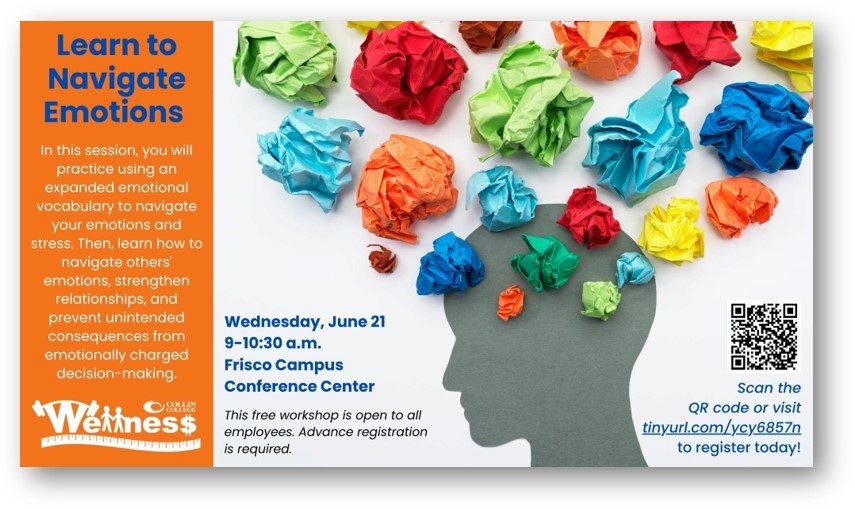
May is Mental Health Awareness Month
Did You Know? In 2020,
- One in five American adults experienced a mental health issue.
- One in six young people experienced a major depressive episode.
- One in 20 Americans lived with a serious mental illness, such as schizophrenia, bipolar disorder, or major depression.
Knowledge is power. Education and awareness about mental health challenges make a huge difference. We can navigate the symptoms only when we are aware of the illness.
The Emotional pillar of the Wellness Committee joins the national mental health awareness movement in May. A significant challenge in mental health is fighting our own internalized stigma. Join the National Alliance on Mental Illness (NAMI)’s “Stigma Free Me” campaign for mental health awareness. We can serve our community by becoming a stigma-free version of ourselves in how we think about mental health challenges and illnesses. Change starts with changing ourselves first. Join us in signing the Stigma Free Pledge.
For more on this topic, including resources and contact information, read the full article here.
Stress relief from laughter? It's no joke
March 2023
Are you stressed out?
Join the Wellness committee for a workshop to reduce stress by effectively navigating emotions.
March 29, 2023 from 9:30-11 a.m. at the Plano Campus Conference Center. Click on the flyer below for more details.
Diet and emotional well-being
In the Harvard University Health Blog, Dr. Monique Tello points out that “what we eat matters for every aspect of our health, but especially our mental health. Several recent research analyses looking at multiple studies support that there is a link between what one eats and our risk of depression, specifically. One analysis concluded:
"A dietary pattern characterized by a high intake of fruit, vegetables, whole grain, fish, olive oil, low-fat dairy and antioxidants and low intakes of animal foods was apparently associated with a decreased risk of depression. A dietary pattern characterized by a high consumption of red and/or processed meat, refined grains, sweets, high-fat dairy products, butter, potatoes and high-fat gravy, and low intakes of fruits and vegetables is associated with an increased risk of depression."
https://www.health.harvard.edu/blog/diet-and-depression-2018022213309
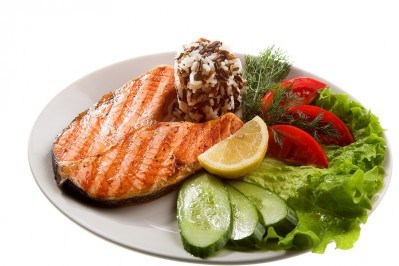
Contributing editor to the Heath Blog Dr. Eva Selhub further explains that “If your brain is deprived of good-quality nutrition, or if free radicals or damaging inflammatory cells are circulating within the brain’s enclosed space, further contributing to brain tissue injury, consequences are to be expected. What’s interesting is that for many years, the medical field did not fully acknowledge the connection between mood and food.”
“Start paying attention to how eating different foods makes you feel — not just in the moment, but the next day. Try eating a ‘clean’ diet for two to three weeks — that means cutting out all processed foods and sugar. See how you feel. Then slowly introduce foods back into your diet, one by one, and see how you feel.
“When some people ‘go clean,’ they cannot believe how much better they feel both physically and emotionally, and how much worse they then feel when they reintroduce the foods that are known to enhance inflammation.”
https://www.health.harvard.edu/blog/nutritional-psychiatry-your-brain-on-food-201511168626
One example of a clean diet is the Mediterranean Diet. In its simplest forms, Healthline.com states that to follow a Mediterranean Diet one should:
- Eat: vegetables, fruits, nuts, seeds, legumes, potatoes, whole grains, herbs, spices, fish, seafood, and extra virgin olive oil
- Eat in moderation: poultry, eggs, cheese, and yogurt
- Eat rarely: red meat, sugar-sweetened beverages, added sugars, processed meat, refined grains, refined oils, and other highly processed foods
- Water should be your go-to beverage on a Mediterranean diet.
“The Mediterranean lifestyle also involves regular physical activity, sharing meals with other people, and minimizing stress levels.”
https://www.healthline.com/nutrition/mediterranean-diet-meal-plan#the-basics
One-Pan Baked Oatmeal Video



